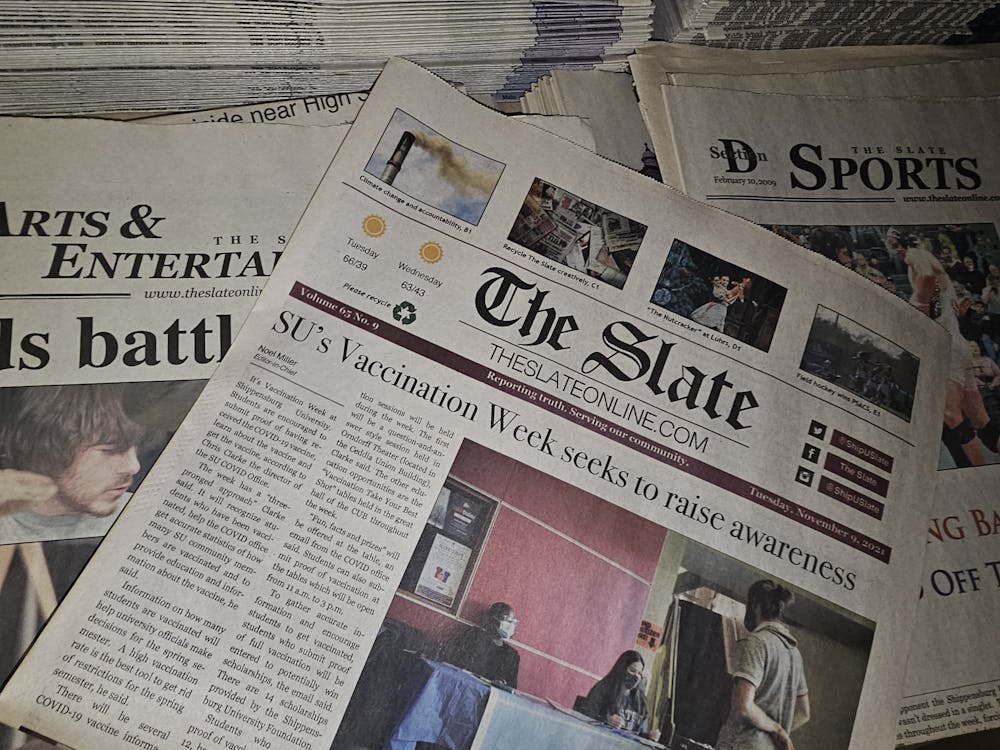The framers of the United States government believed that the media held an important function in the democratic system. Thomas Jefferson’s quote, which prefers newspapers without a government to the reverse, is far from the only mention the framers had of news media. They held it to a high regard that Madison ensured journalistic liberty with the First Amendment to the U.S. governing document.
The framers believed that a free press allowed for a marketplace of ideas where thoughts are debated, all with the intention of holding the government accountable and improving the lives of citizens. This is an idea that is showing its age. Not because of the belief that the media has become more partisan, but because news has become too sensational.
Today, average Americans have countless things competing for their attention. A flashing screen being constantly carried around can only be made worse by the monetary incentive of getting people to look at it. Every person’s smartphone now contains billions of people, all competing in a massive market where the currency is people’s attention. This gives newspapers a new environment to adapt to. Gone are the days when level-headed ideas and discourse can be featured and read by consumers. Now it is about clickable headlines that stir up an emotional reaction, turning politics away from ideas and toward reality TV.
The emotional attention-hoarding news media has become an opposition to the systems the framers had in mind for reducing factions. One of these systems is the U.S. geography.
The founders wrote in Federalist Paper No. 51 that an extensive territory combined with an extensive population would limit the effects of oppressive mobs of the majority. Madison believed factions would have difficulty forming and finding like-minded people to engage in mischievous acts. However, modern media not only provides a messaging system for factious people to find each other but also algorithmically curates emotional and reactionary media to the people that would most engage with them. No longer are dangerous ideas separated by the distances between people, but by the distances of people from their phones.
The internet and its accessibility have the ability to bring ideas and people together. However, there is always the problem of bringing dangerous people together with dangerous ideas. A response toward hindering the interconnections created by the internet may be necessary in preserving the systems of government the founders thought of during their time. Alternatively, maybe there are new ideas to be thought of today about reforming government to accommodate the modern era.



The Slate welcomes thoughtful discussion on all of our stories, but please keep comments civil and on-topic. Read our full guidelines here.